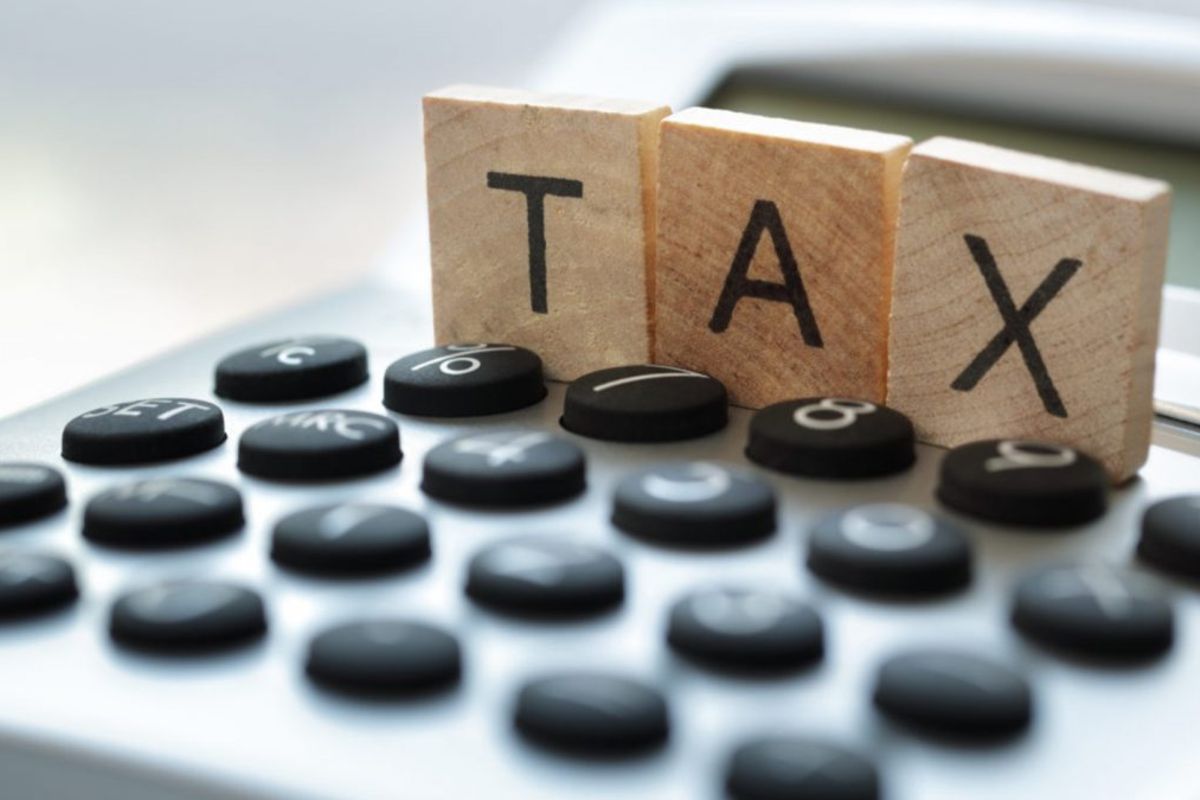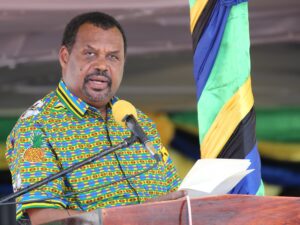
The MSME (Micro, Small and Medium Enterprises) sector and the myriad of issues it faces (ranging from capital, financing, visibility in the market, government policies etc) has been the focus of a series of articles in the Citizen last November. And for good reason, as a vibrant MSME sector is vital in any economy as demonstrated by empirical evidence that shows how MSMEs create growth and employment opportunities.
For example, according to an article in the Citizen of November 21, 2022, Tanzania has an estimated three million MSMEs who employ around five million people. Therefore, this is a sector that needs to be nurtured and where necessary specific policies should be developed for the sector.
Taxation is of course one of the concerns and yet the only tax provision which seems to explicitly target the MSMEs sector is the presumptive tax regime. This seeks to simplify tax compliance by applying taxation on the basis of turnover rather than profit, but only applies to individuals with annual turnover not exceeding Sh100 million (a figure that aligns with the current threshold for VAT registration). Accordingly, corporate entities however small are subject to the normal income tax basis.
Tanzania’s informal sector is significant (which is where the majority of the MSME would be found) but if this sector could be part of the formal economy, the benefits in terms of widening the tax base and collection of tax would be immeasurable.
However, this is currently a difficult ask if MSMEs are subject to the same tax laws which apply uniformly to all other companies. Consideration should therefore be given to different measures that could be put in place to encourage this sector to become part of the formal economy.
So what might a separate tax regime for MSMEs look like both in terms of tax rates and administration provisions? As regards to income tax, consideration could be given to extending to companies the option to be part of the presumptive tax regime, and also possibly increasing the threshold at which this can operate – say to Sh200 million pa from the current Sh100 million pa. To put this in context, and assuming 300 working days in a year, Sh100 million pa is the equivalent of a daily turnover of Sh333,333 – so doubling this would only take this to turnover of Sh666,666 per day.
Aligned with such a change could be a change in the VAT registration threshold to similarly increase it to an annual turnover of Sh200 million (from Sh100 million). This would remove a number of businesses from the complex accounting requirements arising with VAT, and would not necessarily result in any significant revenue decrease as irrecoverable input tax arising from deregistration may well not be so different to the net VAT previously accounted for – and in certain cases might be more and so result in increased revenue. In any case, most of the VAT revenue is generated by large businesses and by imports.
For MSMEs a constant concern is the numerous levies and charges on employee costs – something particularly pertinent to MSMEs given that these typically are very people driven businesses for which labour costs are a significant component of costs. Taxes related to employment include not just the PAYE borne by the employee, but also a four percent skills and development levy and 0.5 percent Workers Compensation Fund both borne by the employer, and a 20 percent social security cost (borne jointly by employer and employee). One step to help reduce taxes on employment for MSMEs could be to exempt them from SDL. Currently there is an exemption for employers with up to 10 employees and the proposal here would be to consider an increase in this threshold – perhaps to 25 employees – and also to provide for an exemption where annual turnover is below a certain amount, say Sh200 million.
On the administration side, there could be consideration of a separate dispute resolution process such as a second review/non-requirement to pay the tax deposit required to object to assessment if turnover is below Sh1 billion. One further point to debate might be whether there would be value in the creation of a separate department in the TRA Domestic Taxpayer department which only concentrates on MSMEs.
These measures would make the compliance process for MSMEs much simpler and encourage compliance which should result in a positive contribution to tax revenue. As explained, the increase in the VAT threshold could actually result in a positive contribution to tax revenues and the removal of SDL could result in more tax revenues arising as a result of greater compliance or increased employment.
The tax administration changes would also encourage compliance and create trust in the system whilst allowing MSMEs to access the dispute resolution process without having to tie up their limited capital in a tax deposit. If a separate department were created, it would need to train its officials to be able to relate to issues that MSMEs encounter and be available to help them.
It is important for policy makers to do a holistic review of the tax system rather than on an individual factor and also to take a medium to long term perspective in any analysis being conducted. Perhaps what is required is a holistic review of all regulations and policies which affect businesses and consider for each of these whether a separate simplified regime should apply to MSMEs. Most of the household names today used to be MSMEs in the past and what a story it would be if we can nurture this sector appropriately to create some more!
==================
Ali Dawoodbhai is an Associate Director, International Tax and Transfer Pricing at PwC Tanzania
Share this news
This Year’s Most Read News Stories

Tanzania can benefit from strategic investment in national pride
Travelling to a few places so far, I discovered that the Tanzanian passport can change the way one is treated at airports and international bordersContinue Reading

ZSSF money not for projects, says Ali Karume
Unguja. Veteran politician and diplomat Ali Karume has called on authorities of the Zanzibar Revolutionary Government (SMZ) to refrain from using the Zanzibar Social Security Fund money for establishing commercial projects.Continue Reading

Mbeto on Mwinyi: He created today’s affluent people
The CCM Secretary of Ideology and Publicity (Zanzibar), Mr Khamis Mbeto Khamis, said the late President Ali Hassan Mwinyi was the architect of the current class of affluent people.Continue Reading










